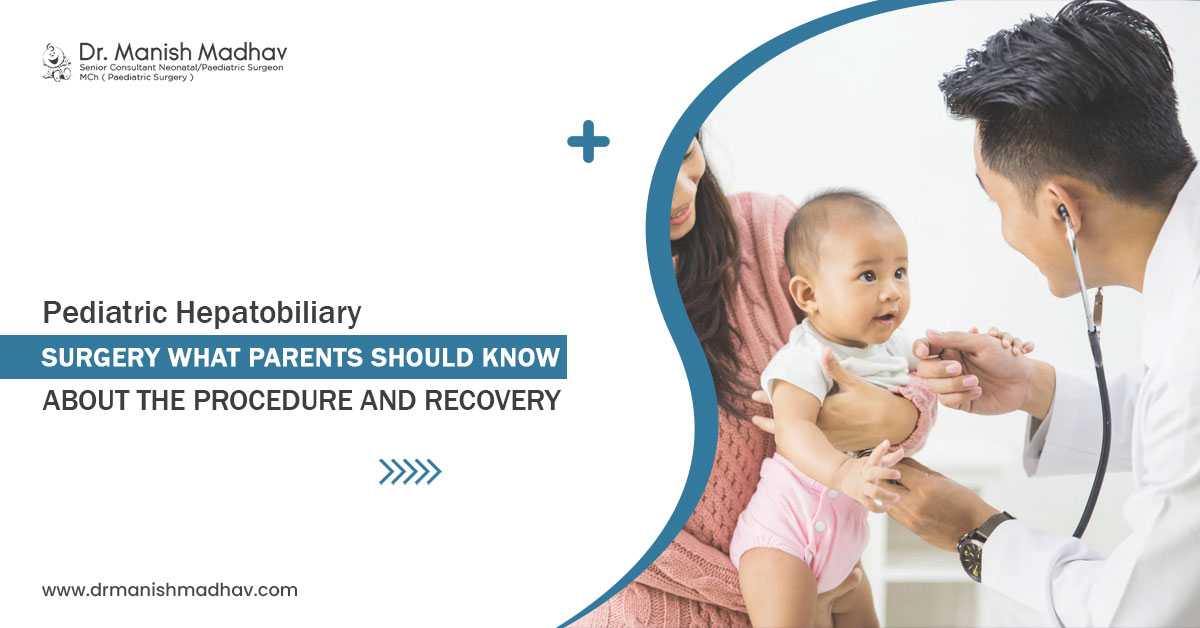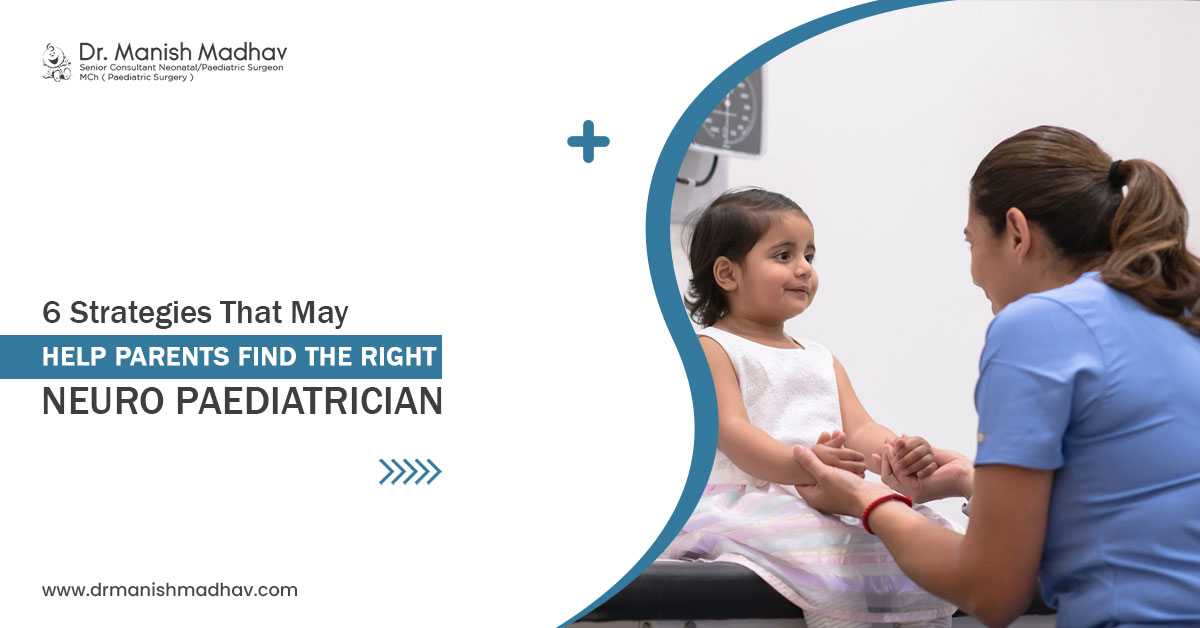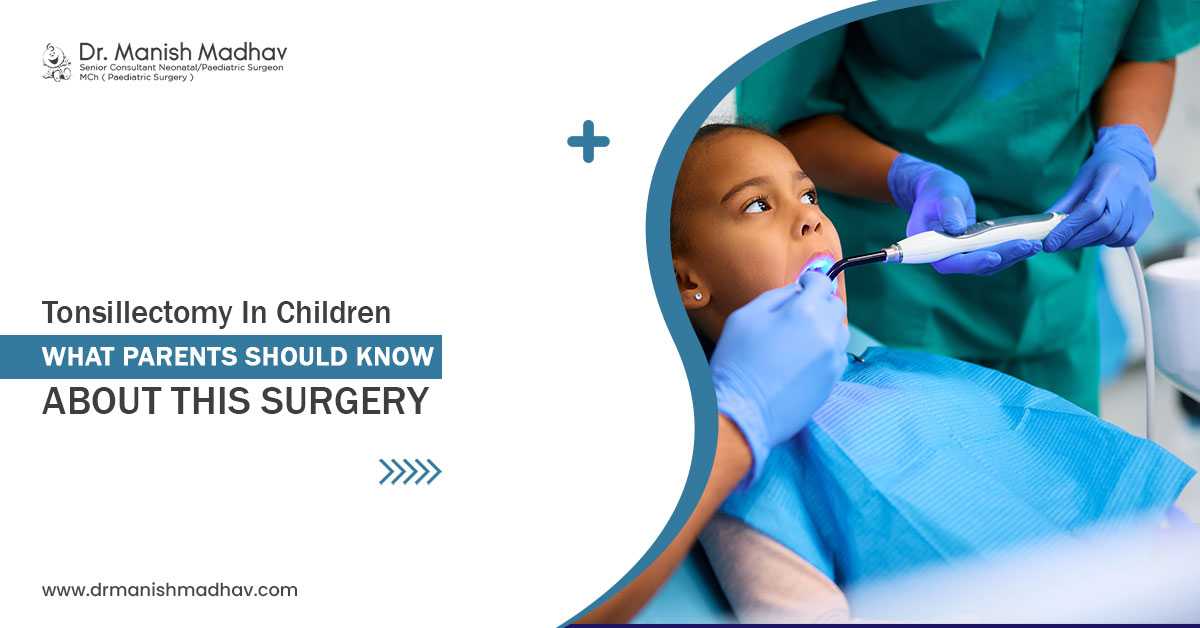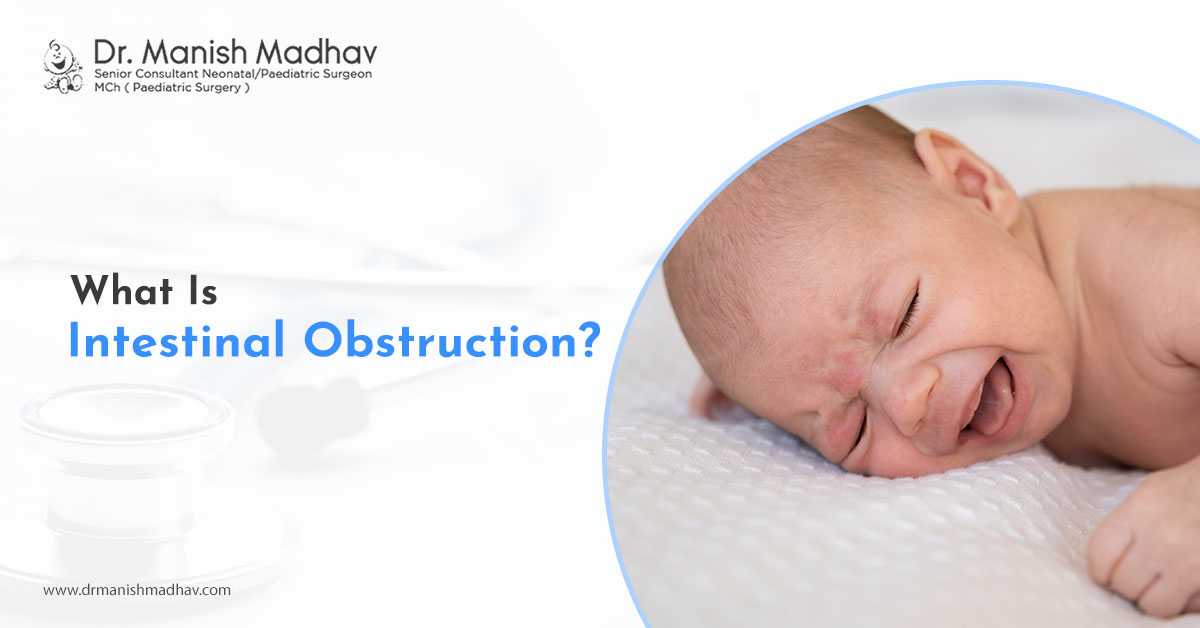Intestinal obstruction or bowel obstruction is a partial or complete blockage in the small or large intestine, a part of your child's digestive system. This can be caused by adhesions, hernias, colon cancer, Crohn's disease, and inflammatory bowel disorders. When this occurs, it blocks the buildup of food, gastric acids, gas, and fluids and results in abdominal cavities and infections.
Sometimes, not getting proper treatment can be life-threatening for your child. To avoid such risks, consult an expert pediatric surgeon to get the best intestinal obstruction treatment in Siliguri. If your child has severe abdominal pain, you can go for immediate medical assistance. With proper diagnosis and medical treatment, intestinal obstruction can be treated successfully.
Symptoms Of Intestinal Obstruction
- Abdominal cramps
- Abdominal pain
- Bloating
- Vomiting
- Nausea
- Dehydration
- An overall feeling of illness
- Lack of appetite
- Severe constipation
Types Of Intestinal Obstruction
Complete obstructions
This is a condition when occurs can entirely block the entire intestine and affect the digestive system.
Partial obstructions
This condition is a less severe condition that blocks not all, but some parts of the intestine.
Pseudo-obstruction
It is a very rare condition that happens when muscle or nerve issues prevent normal movement of the digestive system.

How To Recognize Your Child Has Intestinal Obstruction?
Usually, abdominal pain, vomiting, and diarrhea are some early signs of intestinal obstruction that your child might experience. If a fever develops along with these symptoms, then there is a chance of infection.
At this point, you must consult your best pediatric surgeon to get the best intestinal obstruction treatment in Siliguri to protect your child.
What Are The Causes Of Intestinal Obstruction?
Mechanical Causes:
- Adhesions
- Gallstones
- Hernias
- Tumors
- Infection
- Intussusception
- A twisted bowel
- Inflammatory bowel disease (IBD)
Non-Mechanical Causes:
- Pelvic surgery
- Diabetes
- Hypothyroidism
- Hirschsprung’s disease
- Severe infection
- General anesthesia
- Electrolyte imbalances
- Nerve and muscle disorders
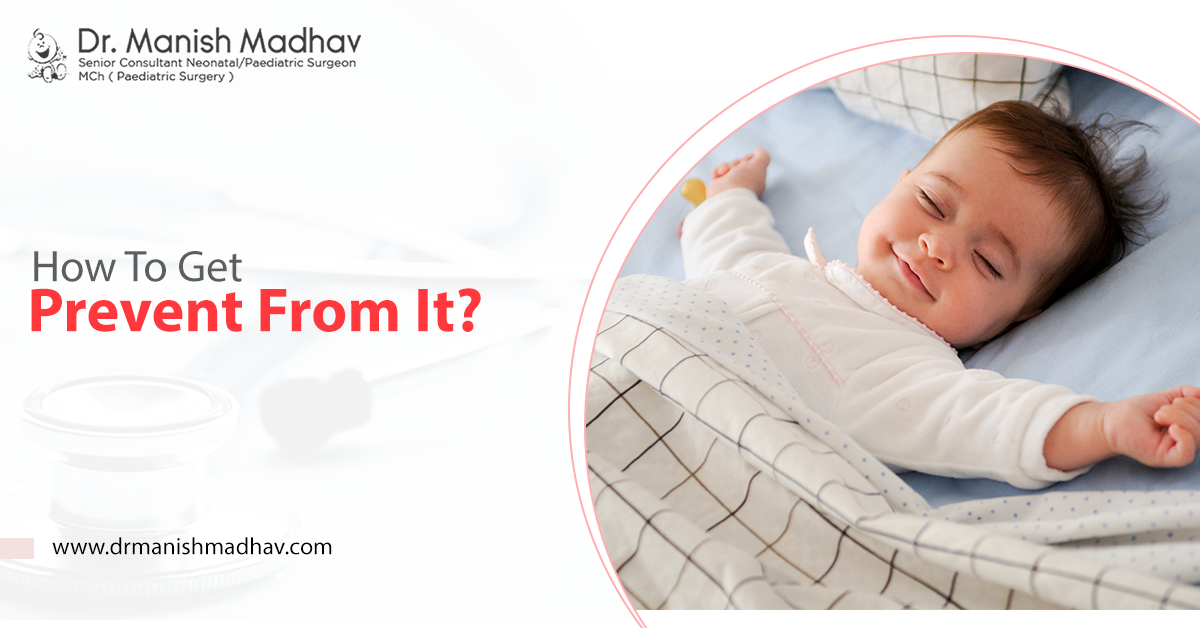
Diagnosis & Treatment Of Intestinal Obstruction
After consulting, first, your pediatric doctor will check the medical history of your child and also ask for the following:
- Blood tests
- Physical exam
- X-ray
- CT scan
- Ultrasound
- Air or barium enema
In case of small bowel obstructions, your pediatric doctor will give your child all the necessary medications that help him/her to get relief. On the other hand, in case of severe conditions, the doctor might refer the patient to hospitalization, medications, or surgery, whichever is good for treatment.

